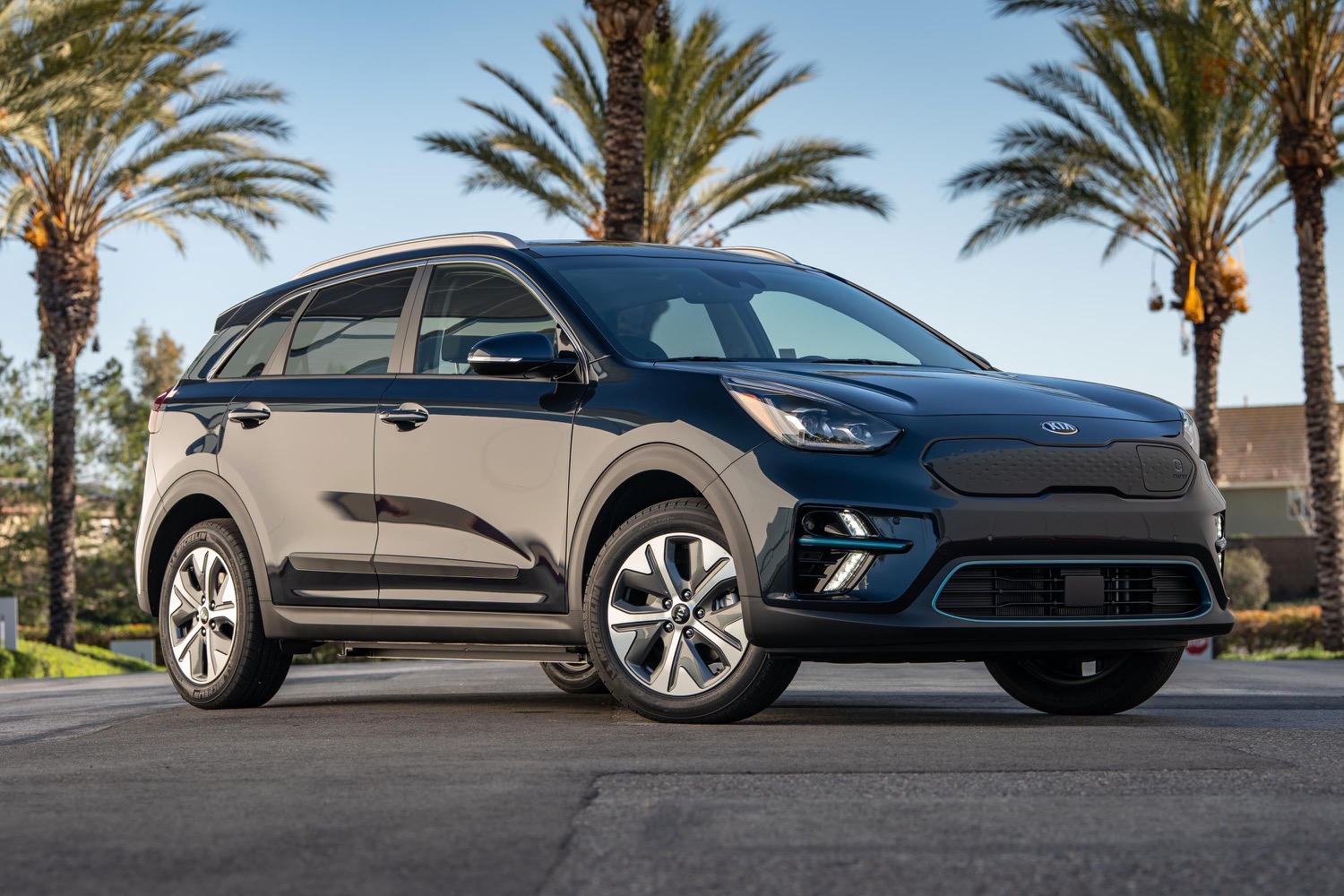
Lyft wants more of its drivers to use electric cars, but that’s not guaranteed in a ridesharing business model where drivers provide their own vehicles. To encourage more drivers to ditch gasoline, Lyft is adding 200 electric cars to its Express Drive rental program in Denver. Lyft claims this is the largest batch of electric cars it’s ever launched, and the largest single deployment of electric cars in Colorado history.
Express Drive provides rental cars specifically to Lyft drivers. The program launched in 2016 as a way to give people who don’t own a car (or just don’t want to subject their own car to the rigors of ridesharing) a way to drive for Lyft. Renters using electric cars have saved $70 to $100 per week on fuel costs, according to a Lyft blog post.
All 200 electric cars earmarked for Denver will be Kia Niro EVs, a Lyft spokesperson told Digital Trends. The Niro EV has 239 miles of range, and a tall-roofed body that increases rear headroom and cargo space — ideal for ridesharing. Lyft previously offered the Chevrolet Bolt EV through Express Drive as well.
Lyft said it needs help from policymakers, utilities, and automakers to continue its electrification efforts. The company praised Colorado lawmakers for their efforts to promote electric cars. The state offers robust purchase incentives to car buyers, and plans to adopt California’s zero-emission vehicle mandate. That will require automakers to make zero-emission vehicles a certain portion of their overall sales. In California, “zero-emission” specifically means battery-electric cars, hydrogen fuel-cell cars, and plug-in hybrids.
In a not-so-subtle pitch to regulators, Lyft also included a regulatory wishlist in its blog post announcing the Denver electric car deployment. The company said potential partners could help by “rewarding” electric car deployment in “high-mileage use cases,” supporting ridesharing rental programs like Express Drive, and “incentivizing and mitigating barriers to” the expansion of charging infrastructure.
Lyft claims its entire ridesharing service is already carbon-neutral because it purchases carbon offsets to cancel out the tailpipe emissions from cars. But the company eventually wants every car in its network to be electric. Rival Uber is also making efforts to add more electric cars, but neither company has full control over which cars drivers use. Lyft and Uber don’t own fleets of vehicles; they rely on freelance drivers to provide them. That’s a key aspect of both companies’ business models, but it will be a major hurdle to making ridesharing 100% electric.
Editors' Recommendations
- 2023 Kia Niro EV first drive review: Practical doesn’t have to bore you to tears
- Lyft’s robo-taxis have made more than 50,000 rides in Las Vegas


